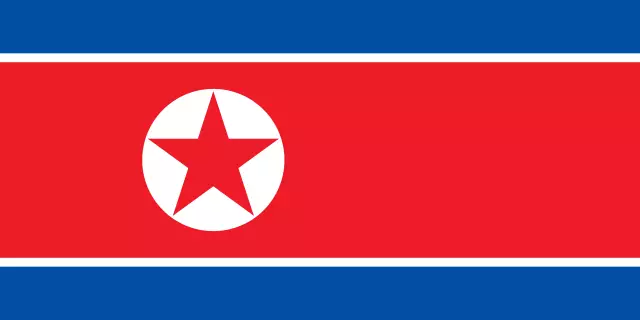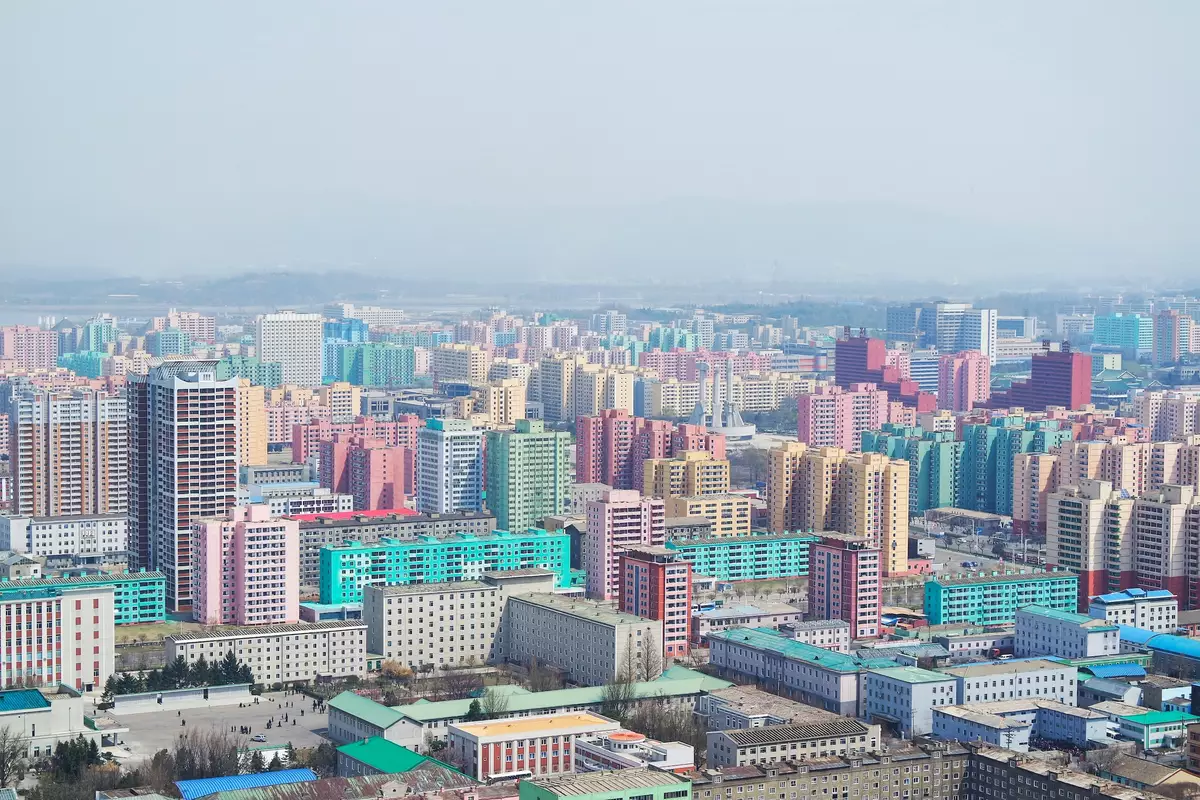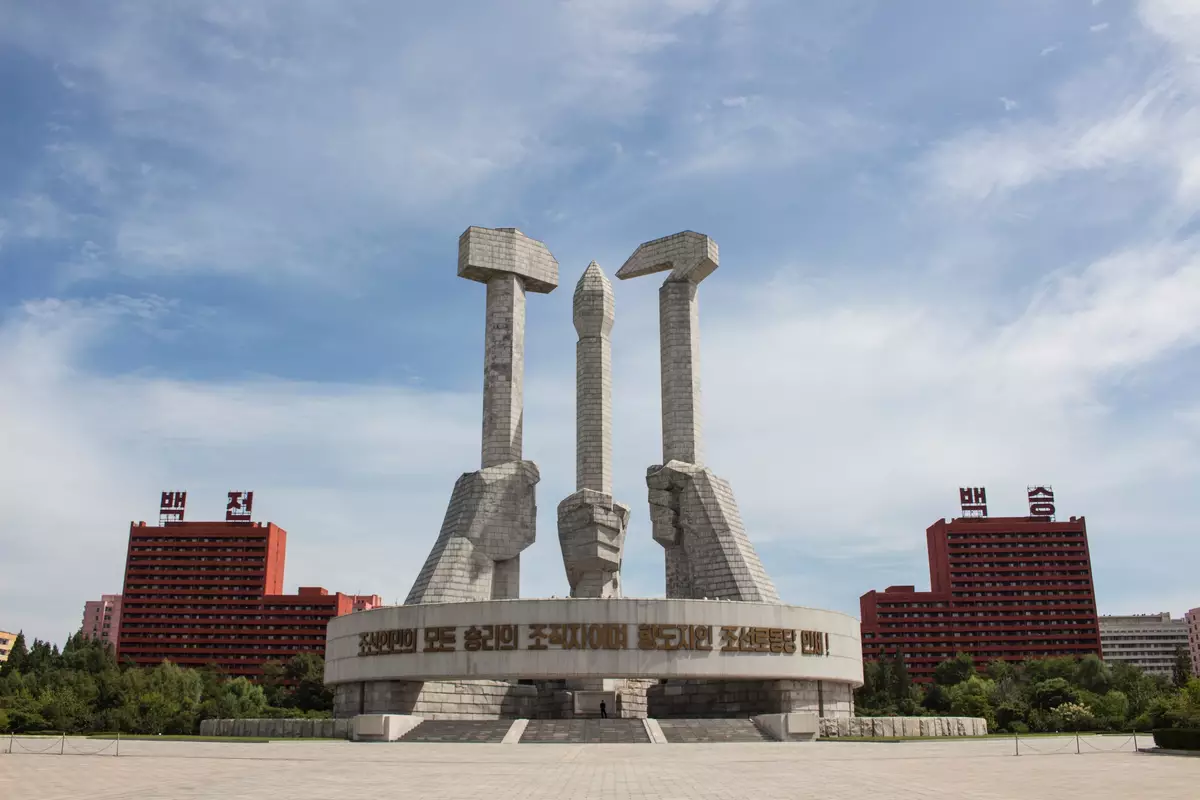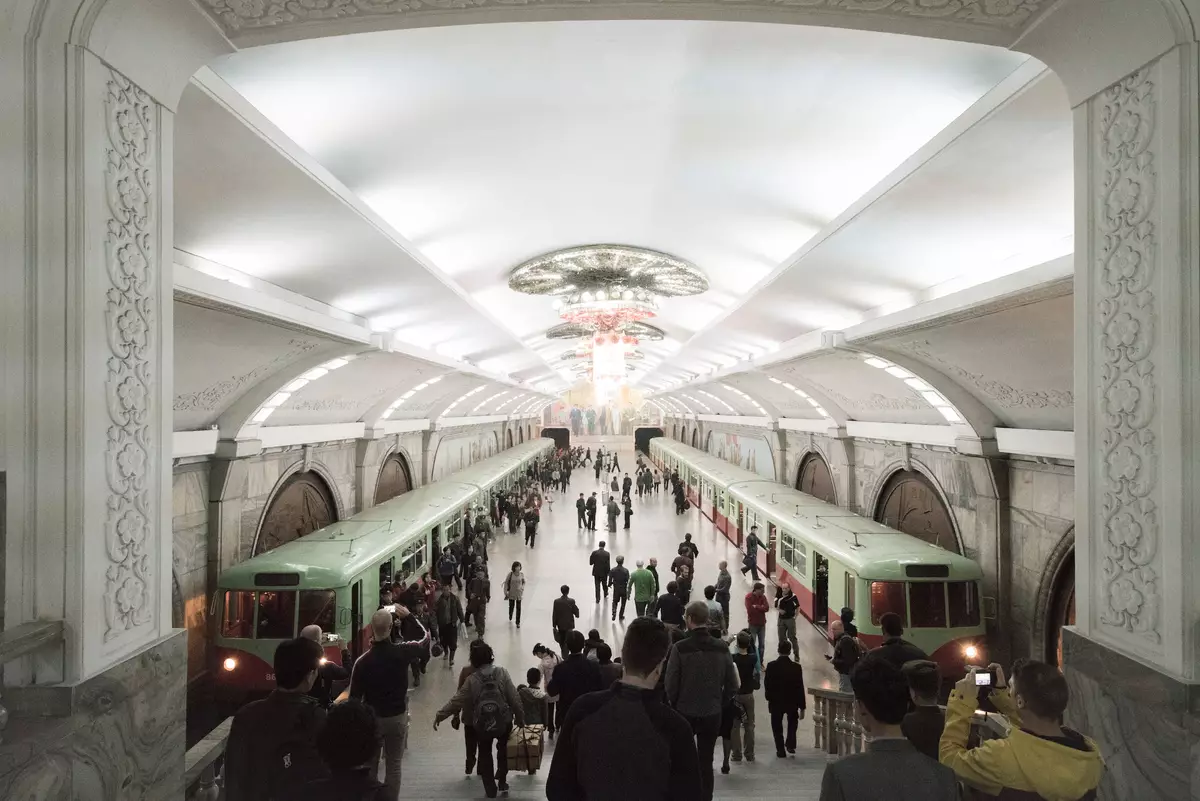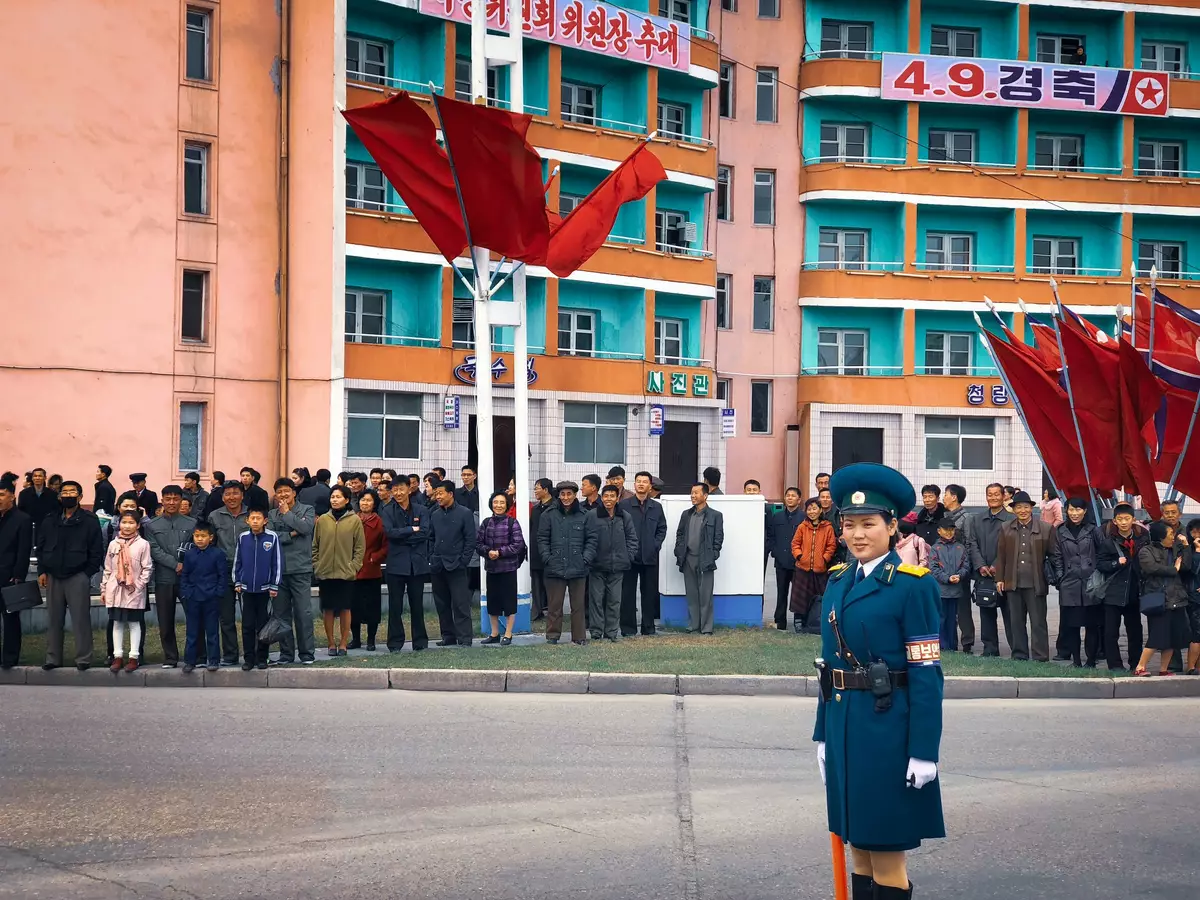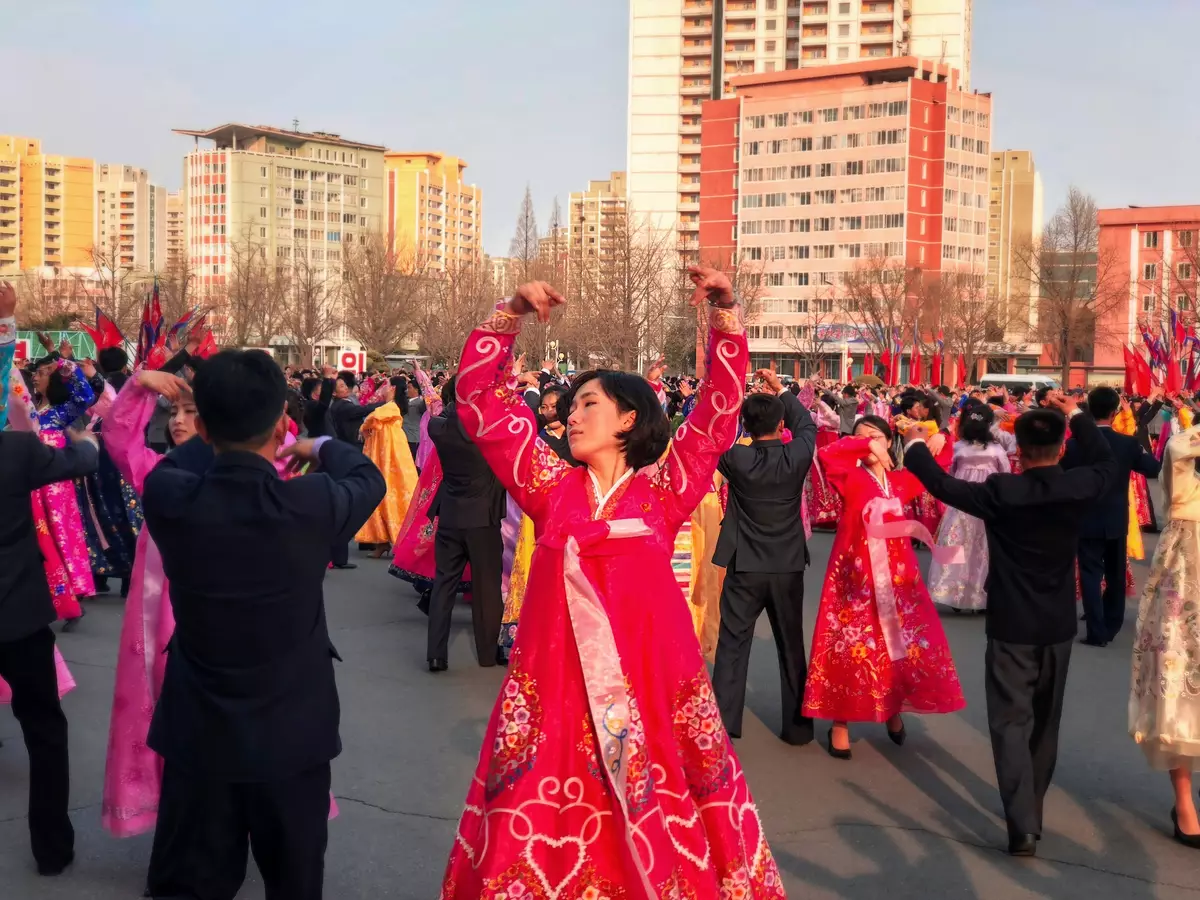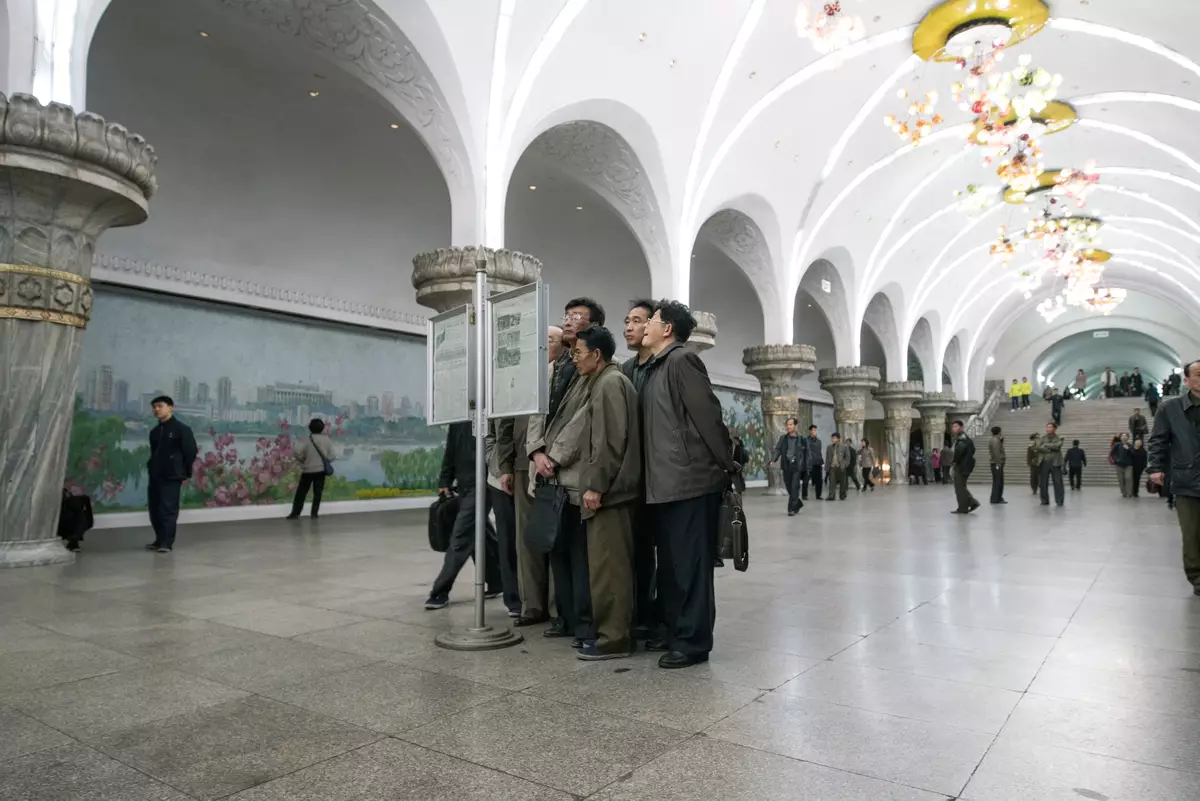North Korea, officially known as the Democratic People's Republic of Korea (DPRK), is one of the most isolated and enigmatic nations in the world. Situated on the Korean Peninsula, it remains a subject of curiosity, controversy, and intrigue for global citizens. In this blog post, we aim to shed some light on this secretive country, its history, culture, and current state.
A Closed and Controlled Society
North Korea is known for its strict regime and a highly controlled society. The country's political system revolves around the Kim family dynasty, with Kim Jong-un currently holding the position of Supreme Leader. The government exercises strict censorship, limiting access to information and controlling communication within and outside the country. Internet access is heavily restricted, and most citizens only have access to a state-controlled intranet.
A Glance into History
The Korean Peninsula has a long and complex history, marked by conflicts, occupations, and divisions. After World War II, the peninsula was divided into North and South Korea, with different political ideologies taking root. The Korean War in the early 1950s resulted in the division becoming more permanent, leaving North Korea under communist rule and South Korea adopting a democratic system. The division of the two Koreas has created one of the most significant geopolitical tensions in the world.
Hermit Kingdom: Life in North Korea
Life in North Korea is vastly different from most other countries. The government exerts strict control over all aspects of daily life, from education and employment to housing and food distribution. Citizens are required to adhere to a set of strict rules and ideologies, with any deviation resulting in severe consequences, including imprisonment or execution. The government's "songbun" system classifies citizens based on their family's perceived loyalty to the regime, influencing their access to education, jobs, and social opportunities.
Cultural Heritage and Celebrations
Despite its isolation, North Korea boasts a rich cultural heritage deeply rooted in Korean traditions. The country celebrates several national holidays and events, such as the birthdays of Kim Il-sung and Kim Jong-il, which are marked with grand ceremonies and performances. The Arirang Mass Games, a spectacular event featuring thousands of synchronized performers, is another iconic celebration that showcases the country's artistic talents.
Tourism in North Korea
North Korea's tourism industry is tightly controlled and limited. Tourists are usually allowed to visit the capital city of Pyongyang, where they are guided by government-approved tour operators. While visiting, tourists are presented with carefully curated sites and attractions, often showcasing the country's achievements and grandeur. However, it's important to note that tourists are closely monitored throughout their visit, and interactions with locals are often restricted.
Global Relations and Nuclear Ambitions
North Korea's nuclear program and its relations with other countries have been subjects of global concern and diplomatic efforts for decades. The country's pursuit of nuclear weapons has resulted in international sanctions, further isolating the nation from the global community. Diplomatic efforts, summits, and negotiations have aimed to address nuclear disarmament and improve relations with other countries, but progress remains slow and uncertain.
Hope for Change and Engagement
Despite its reputation for isolation, there are glimpses of hope for change and engagement in North Korea. Some cultural exchanges and humanitarian efforts have allowed for limited interactions between North Koreans and the outside world. These initiatives provide a small window of opportunity for understanding and communication between the global community and the people of North Korea.
Final Thoughts
North Korea remains a complex and enigmatic nation, offering unique insights into a society that is both closed and guarded. The country's history, culture, and political system continue to captivate the world, leaving us with a mixture of fascination and concern. As the world evolves, we can only hope for peaceful engagement and positive change that will ultimately lead to a more open and connected North Korea.
